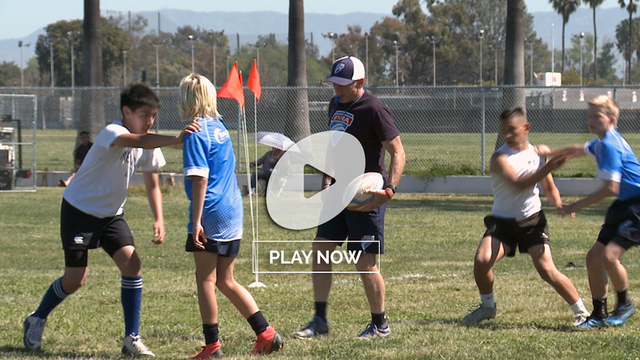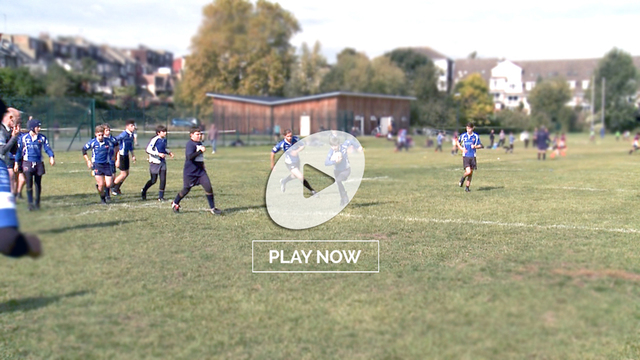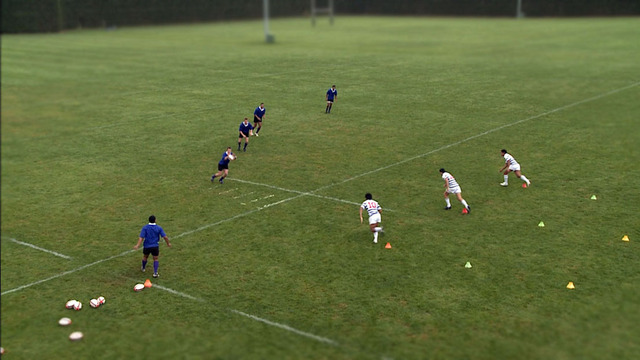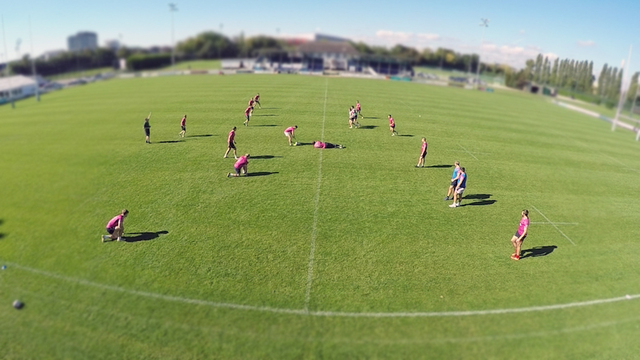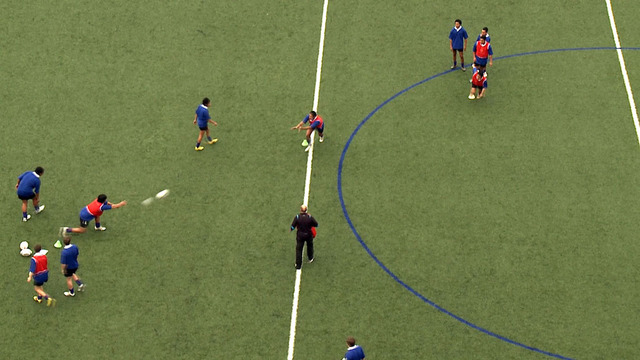One of the technical issues from this year’s 6 Nations has been the ever increasing and largely imprecise use of the spin pass in phase play and its knock on effects.
If my memory serves me well it was an All Blacks half back , Chris Laidlaw , who introduced this technique on the world stage in the mid 1960’s. Subsequently every no 9 worth his salt practised assiduously to master this art. There is no doubt that it was a fantastic innovation in the game and midfield backs suddenly enjoyed the opportunities to play in more space.
What is concerning, however, is that the spin pass has now become not just a positional skill for the half back but a core skill for everyone in whatever circumstance in place of the traditional pass. In fact it appears that many players from mini rugby through to Internationals can only pass in this way.
As with most things in life there are occasions when it is the most appropriate pass to use i.e. when facing a 3 v 2 in a narrow channel a fizzed flat ball can often put the outside runner away before the second defender can react : or , the same pass from a 10/12 can hit angles runners into holes 10/15 metres wider.
Unfortunately it has become the stereotypical pass for all seasons !
Because of the technical nature of the pass – Grip , Delivery and Receipt there is a tendency to buy time and space by both passer and receiver. Therefore we see attacking set ups standing wider and deeper in order to move the ball to the edges of the playing area. Runners often drift sideways and slow down to deliver the ball and at speed the tiniest inaccuracy is magnified. Defenders are licking their lips in anticipation, tracking the ball across the field whilst closing down the space on the attackers side of the gain line.
So I have been championing the return of the normal ( 6 o’clock the Rugby League boys call it ) pass, especially for younger players. Why ?
1. It is an easier skill to perform on the run and therefore often more accurate.
2. The length and weight of the pass is easier to manage
3. The shape of the ball into the receiver’s hands allows him to move ball on more confidently under pressure and play closer to the defence.
4. The shorter passing length pulls players more into a direct , confrontational running mode which attracts the attention of individual defenders and can open space elsewhere.
Many teams use WIDTH as part of their attacking framework but still fail to convert the 6 v 4’s etc that the width can create to finish off plays.
I believe that practising overload attacks in scenarios similar to 6 v 4 in 10-30 metre channels are vital to achieve more attacking success with ball in hand.
This is not a campaign to eliminate spin passing from the game , far from it !!! But let’s use it at the appropriate time and not allow to interfere with the rhythm , flow and success of our Attack.



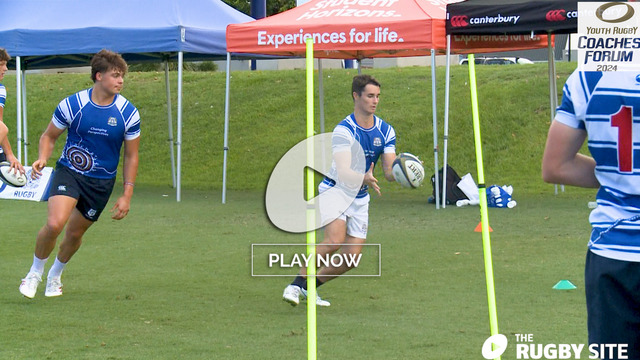
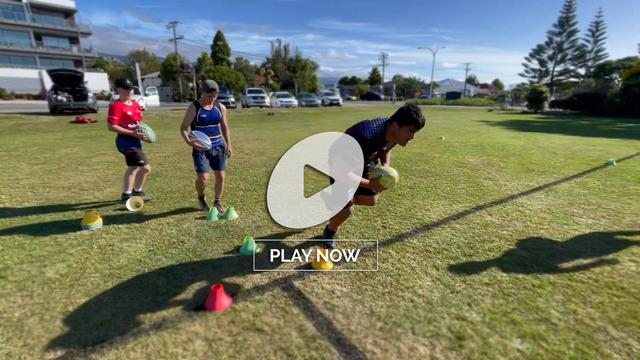
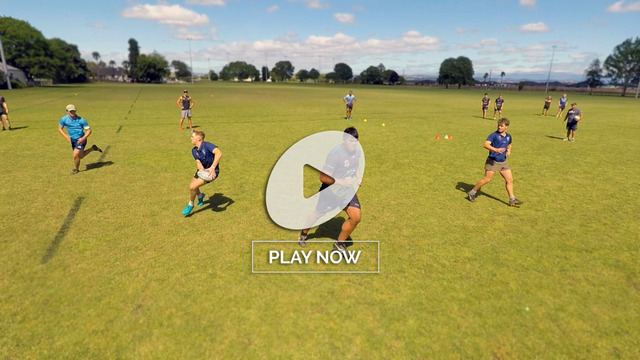
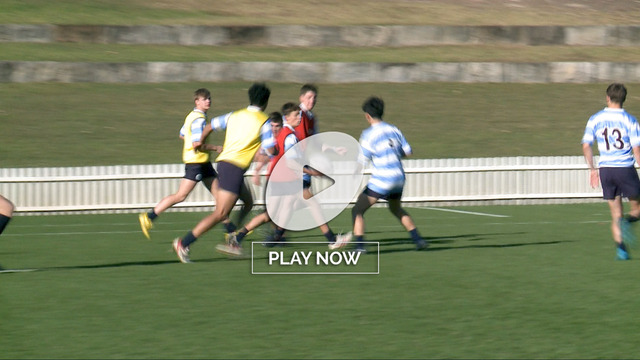
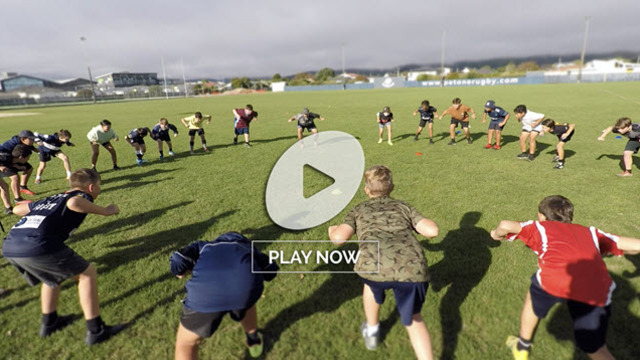
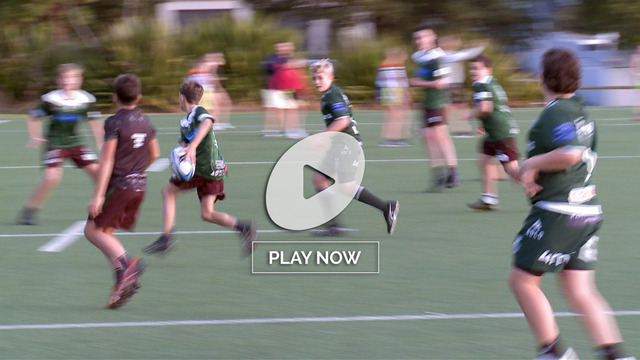
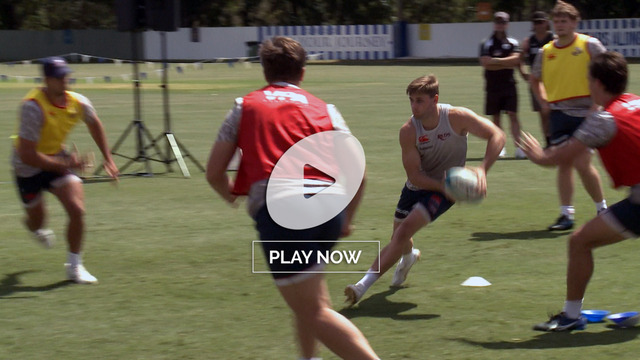
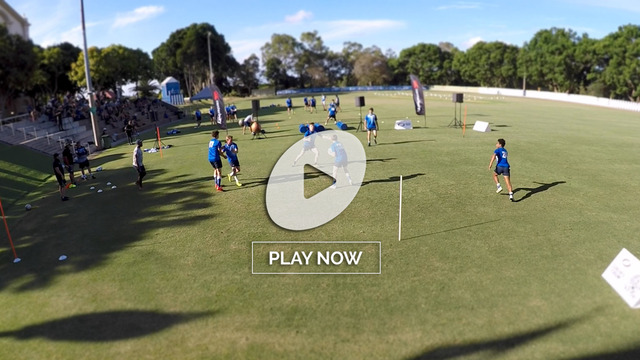
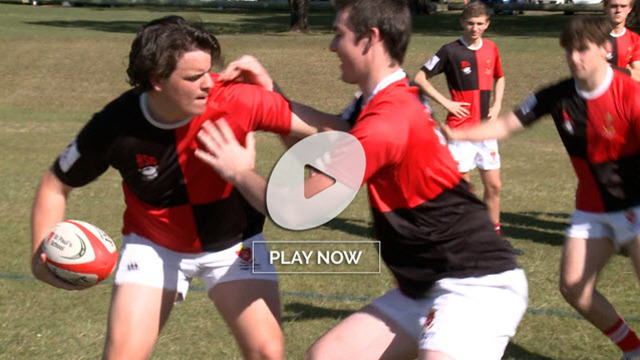
.jpg)
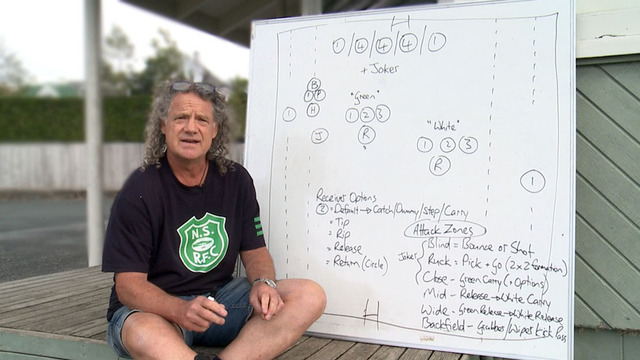
.jpg)
